Emblems Page #6
This page lists all the various symbols in the Emblems category.
An emblem is an abstract or representational pictorial image that represents a concept, like a moral truth, or an allegory, or a person, like a king or saint.
Although words emblem and symbol are often used interchangeably, an emblem is a pattern that is used to represent an idea or an individual. An emblem crystallizes in concrete, visual terms some abstraction: a deity, a tribe or nation, or a virtue or vice.
Symbols in this category:
Coat of arms of Monaco
The Royal Arms of Prince Albert II are his arms of dominion in right of Monaco.
Coat of arms of Montenegro
The coat of arms of Montenegro (Montenegrin: Грб Црне Горе, Grb Crne Gore) was officially adopted by the law passed in the Parliament on 12 July 2004. It is now the central motif of the flag of Montenegro, as well as the coat of arms of the Army of Montenegro. It was constitutionally sanctioned by the Constitution proclaimed on 2 October 2007.
Coat of arms of New South Wales
The Coat of arms of New South Wales is the official coat of arms of the Australian state of New South Wales. It was granted by a Royal Warrant of His Majesty King Edward VII dated 11 October 1906.
Coat of arms of New Zealand
The coat of arms of New Zealand is the official symbol of New Zealand. The initial coat of arms was granted by King George V on the 26 August 1911, and the current version was granted by Queen Elizabeth II in 1956.
Coat of arms of Nigeria
The coat of arms of Nigeria has a black shield with two white lines that form in a "Y" shape. The black shield represents Nigeria's fertile soil, while the two horses or chargers on each side represent dignity. The eagle represents strength, while the green and white bands on the top of the shield represent the rich soil.
Coat of arms of Queensland
The coat of arms of Queensland is the oldest in Australia, and was first granted in by Queen Victoria in 1893 through the simplest form of heraldic grants; with the shield of arms, motto, helmet, mantling and crest.
Coat of arms of Russia
The coat of arms of the Russian Federation derives from the earlier coat of arms of the Russian Empire which was abolished with the Russian Revolution in 1917 and restored in 1993 after the constitutional crisis. Though modified more than once since the reign of Ivan III (1462–1505), the current coat of arms is directly derived from its mediaeval original, with the double-headed eagle having Byzantine and earlier antecedents from long before the emergence of any Russian state. The general tincture corresponds to the early fifteenth-century standard[citation needed]. The shape of the eagle can be traced back to the reign of Peter the Great (1682–1725), although the eagle charge on the present coat of arms is golden rather than the traditional, imperial black
Coat of arms of Serbia Logo
The coat of arms of Serbia is a re-introduction of the coat of arms of the Kingdom of Serbia (1882–1918) adopted by the Republic of Serbia in 2004 and later slightly redesigned in 2010. The coat of arms consists of two main heraldic symbols which represent the national identity of the Serbian people across the centuries, the Serbian eagle (a white double-headed eagle adopted from the Nemanjić dynasty) and the Serbian cross (or cross with fire-steels).
Coat of arms of Sofia
The coat of arms of Sofia consists of a shield divided into four. The image of the Church of St. Sophia which gave the name to the city takes up the upper left quarter (as seen from behind the shield) and a humanized picture of the ancient town of Serdica taken from an antique coin is located to the right (again, heraldry reverses right and left as it is from the point of view of someone holding the shield from behind). At lower left is a golden baldachin and a statue of Apollo Medicus representing the mineral springs around the city, while the lower right quarter is reserved for Vitosha, the mountain at the foot of which Sofia is located.
Coat of arms of South Australia
The Coat of arms of South Australia is the official symbol of the state of South Australia. It was granted by Her Majesty Queen Elizabeth II on 19 April 1984. They replaced a coat of arms granted to the State in 1936 by King Edward VIII.
Coat of arms of Tasmania
The Coat of arms of Tasmania is the official symbol of the Australian state and island of Tasmania. It was officially granted by King George V in May 1917. The shield features significant examples of Tasmanian industry: a sheaf of wheat, hops, a ram and apples. It is surmounted by a red lion that also features on the State badge. The shield is supported by two Thylacines (Tasmanian tigers/wolfs) with a motto beneath, Ubertas et Fidelitas, which is Latin for "Fertility and Faithfulness".
Coat of arms of the Czech Republic
The coat of arms of the Czech Republic (Czech: Státní znak České republiky) displays the three historical regions—the Czech lands—which make up the nation.
Coat of arms of the Dominican Republic
The coat of arms of the Dominican Republic features a shield in similarly quartered colors as the flag, supported by a bay laurel branch (left) and a palm frond (right); above the shield, a blue ribbon displays the national motto: Dios, Patria, Libertad (God, Fatherland, Liberty).
Coat of arms of the Gambia
The coat of arms of The Gambia has been in use since 18 November 1964. It depicts two lions holding an axe and hoe, supporting a shield that depicts another pair of hoe and axe, crossed. Atop the shield is set the heraldic helmet and an oil palm as a crest. At the bottom is the national motto: Progress - Peace - Prosperity.
Coat of Arms of the Republic of Biafra
Biafra, officially the Republic of Biafra, was a secessionist state in eastern Nigeria that existed from 30 May 1967 to January 1970.
Citation
Use the citation below to add this symbols category to your bibliography:
Style:MLAChicagoAPA
"Emblems Symbols." Symbols.com. STANDS4 LLC, 2024. Web. 21 Dec. 2024. <https://www.symbols.com/category/6/Emblems>.
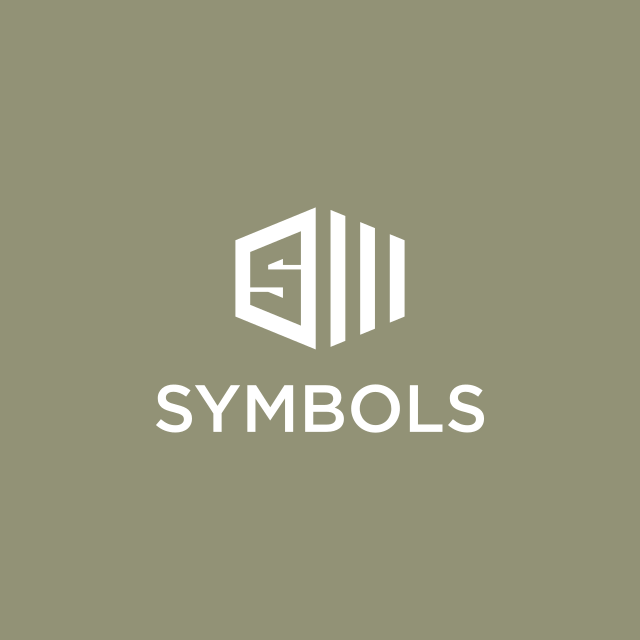
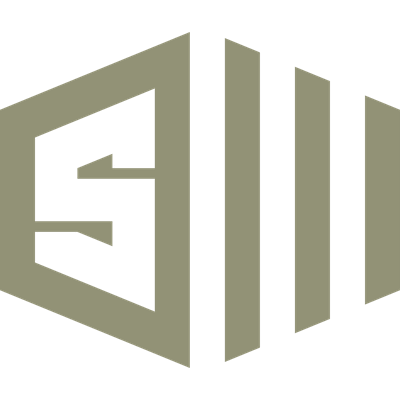
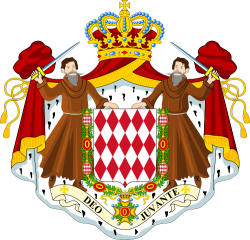
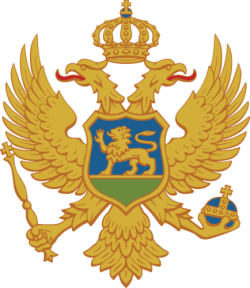
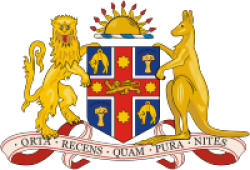
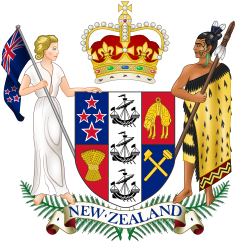
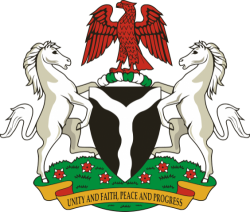
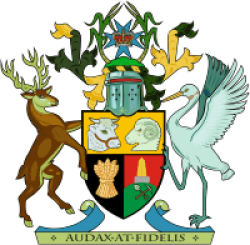
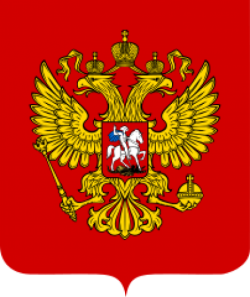
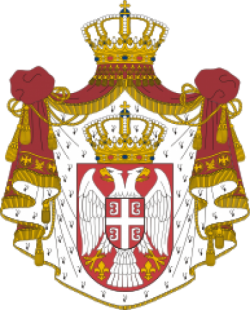
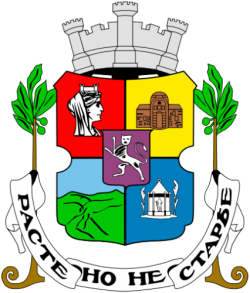
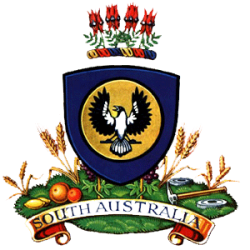

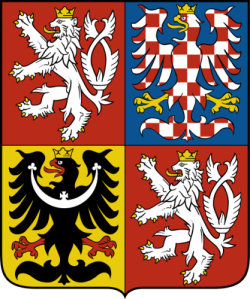
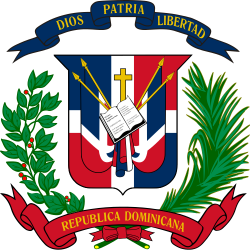
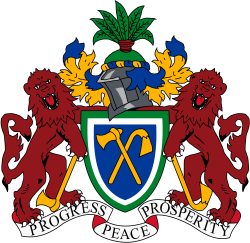
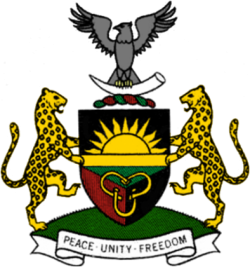
Have a discussion about the Emblems category with the community:
Report Comment
We're doing our best to make sure our content is useful, accurate and safe.
If by any chance you spot an inappropriate comment while navigating through our website please use this form to let us know, and we'll take care of it shortly.
Attachment
You need to be logged in to favorite.
Log In